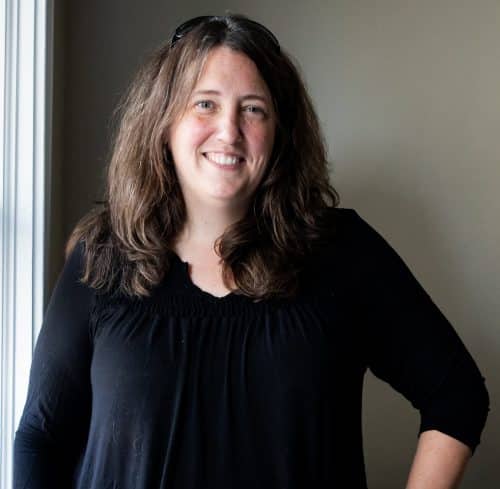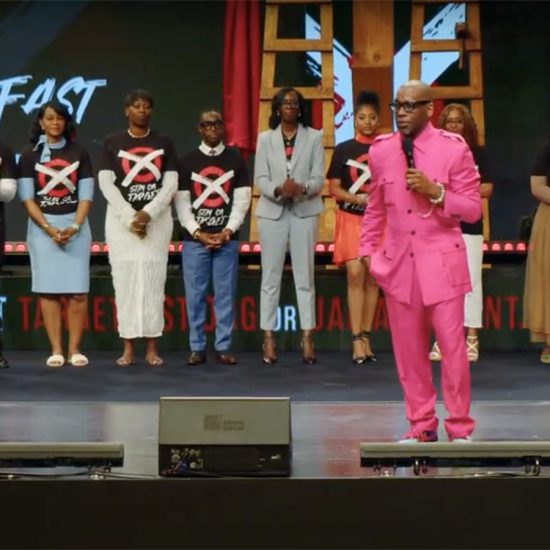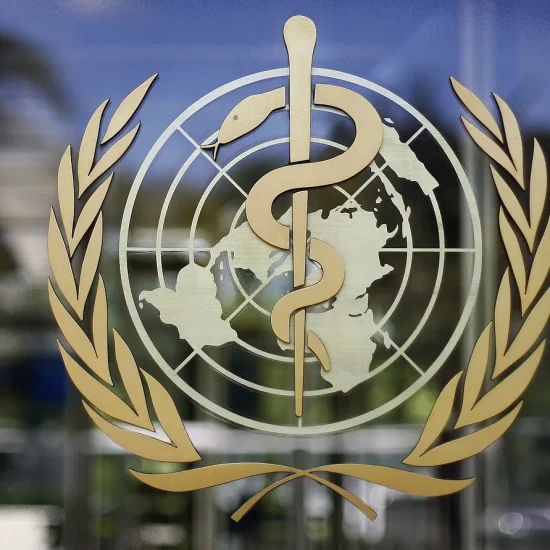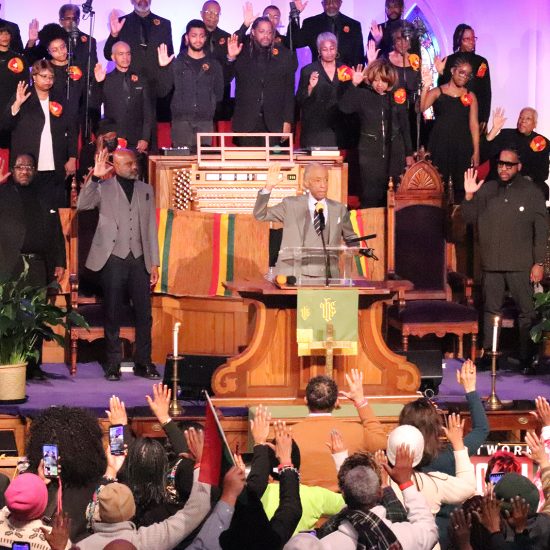
In a recent New York Times guest essay, Tish Harrison Warren talked with Prof. Charlie Camosy about the Whole Life Movement while also lamenting the “secularization of medicine.” Some of this conversation treads well-worn ground for THW’s newsletter: the value of human life is under attack by the pro-choice movement and there is a better, not politically divisive way forward if we all just adopt her worldview. That worldview, from her perspective, is a version of Christianity that prioritizes social justice, except for LGBTQ people and pregnant people.

Kristel Clayville
Even though I am an LGBTQ person, I find parts of her worldview compelling. I, too, think we should value the elderly more and develop a better system of care to meet their needs. I, too, am opposed to the death penalty and the use of nuclear weapons. Some of these concerns come out in her conversation with Prof. Camosy about the Whole Life Movement as a means of valuing human life from conception to burial. For example, THW and Camosy both acknowledge their very real fears that dementia and Alzheimer’s patients will be seen as less human due to their diseases and will consequently be deprioritized for treatment and care.
Again, I share this fear, but not the reason that they land on for having it. For THW and Camosy, “secularized medicine” is the reason that American culture has attached less value to embryos and fetuses, other people’s aging parents, and the medically vulnerable. The phrase “secularized medicine” caught my attention because hospitals are the most religious places that I have ever worked. I’ve worked in religiously affiliated higher education, seminaries, and churches, yet the academic medical centers – hospitals affiliated with universities – are the places where I have seen and experienced the most open displays of religion and spirituality.
Now before you think that I’m actually critiquing the other jobs I’ve had, let me describe a few of the displays of religion that I’ve seen in the hospital. I’ve seen doctors, nurses, janitors, and patient transport personnel pray with patients. I’ve been asked to bless the remains of a medically necessary abortion. I’ve seen doctors call their own priests to come into the hospital for sacramental care when the spiritual care office did not have a priest on staff. I’ve heard the shofar blown in the hospital for Rosh Hashanah. And I’ve seen Ramadan break-fast meals served to staff. And these examples are just the basic things I’ve witnessed. Daily, there are the more private and personal ways that patients, families, and staff engage their religious traditions to make medical decisions, provide grief support, and simply be present with those who are suffering. It is hard to find a corner of a hospital where someone isn’t thinking about how their actions and motivations are related to their deepest convictions.

jesse orrico / Unsplash
But of course, the religion that is on display in the hospital is diverse. There are multiple faiths present and multiple versions of each faith present – as many versions as there are individual patients and staff members. And as a chaplain, my role was to help patients (and staff) use their understandings of their own religions to make decisions, think about the meaning of their own lives, connect with their communities, and align with their consciences. If you are seeing a lot of plurals in that sentence, then you are reading it correctly! The work of religion in hospitals is not only diverse, it is plural. One patient’s Catholic faith may look very different from another’s because suffering patients engage the parts of their faith that are meaningful to them.
I don’t think of this context as secular. I think that this is a space where people discern what is useful to them about their faith traditions, and that giving individuals that autonomy feels like a turn toward the secular for some religious authorities. In the hospital, religion is not normative on a systemic level, but it is normative on an individual level to individual people.
One of the takeaways of THW’s conversation with Prof. Camosy is that they think that their idea of what the good is should be imposed on others. Camosy says, “If you care about justice at all, you care about imposing it on others.” I disagree, and I think this is why medicine seems secularized to them. There is no single definition of the good or of justice in the hospital. There are patients with different bodies, different ailments, different ways of making meaning of their losses and their grief, and there is a similarly diverse group of people there to help them. Attention to the diversity and plurality of goods is what makes the hospital a place of care. And it can be difficult to do that care work, but it is definitely not secularized.
Rev. Dr. Kristel Clayville is a religion scholar and former hospital chaplain. She currently teaches technology ethics and religion and medicine at the University of Illinois Chicago and is part of the hospital ethics committee. Additionally, she teaches on an adjunct basis at Lexington Theological Seminary. She is ordained in the Disciples of Christ.






